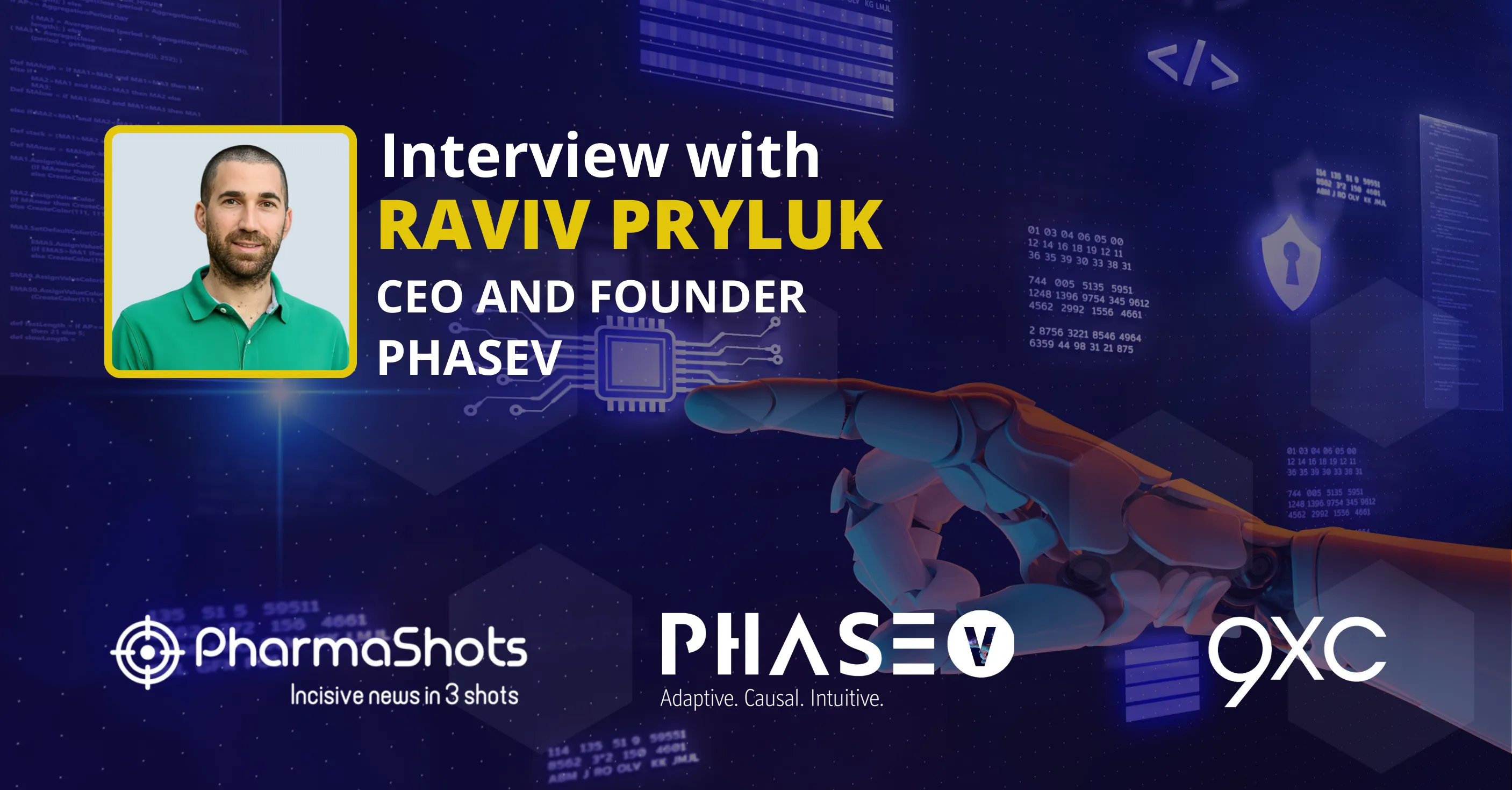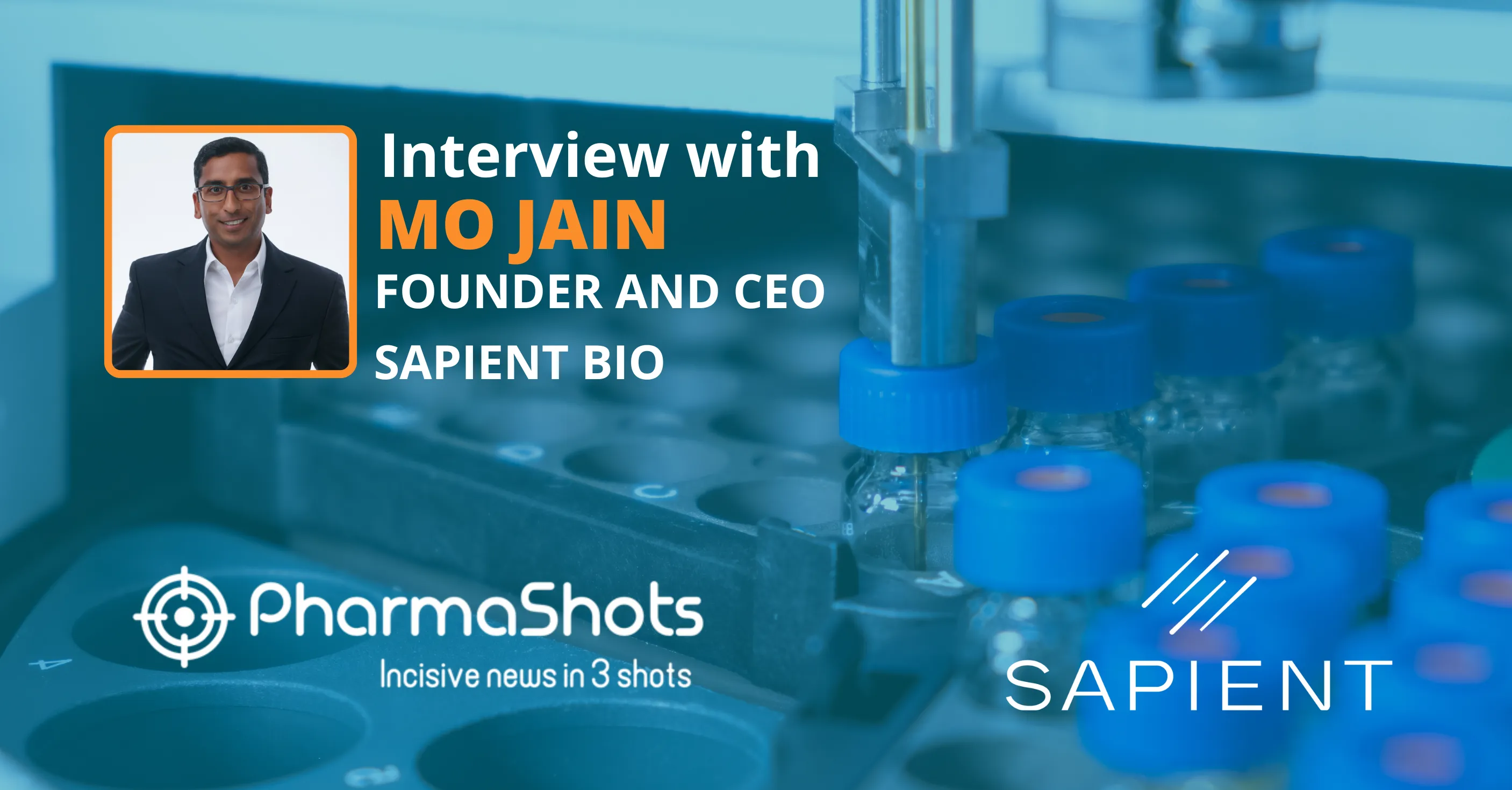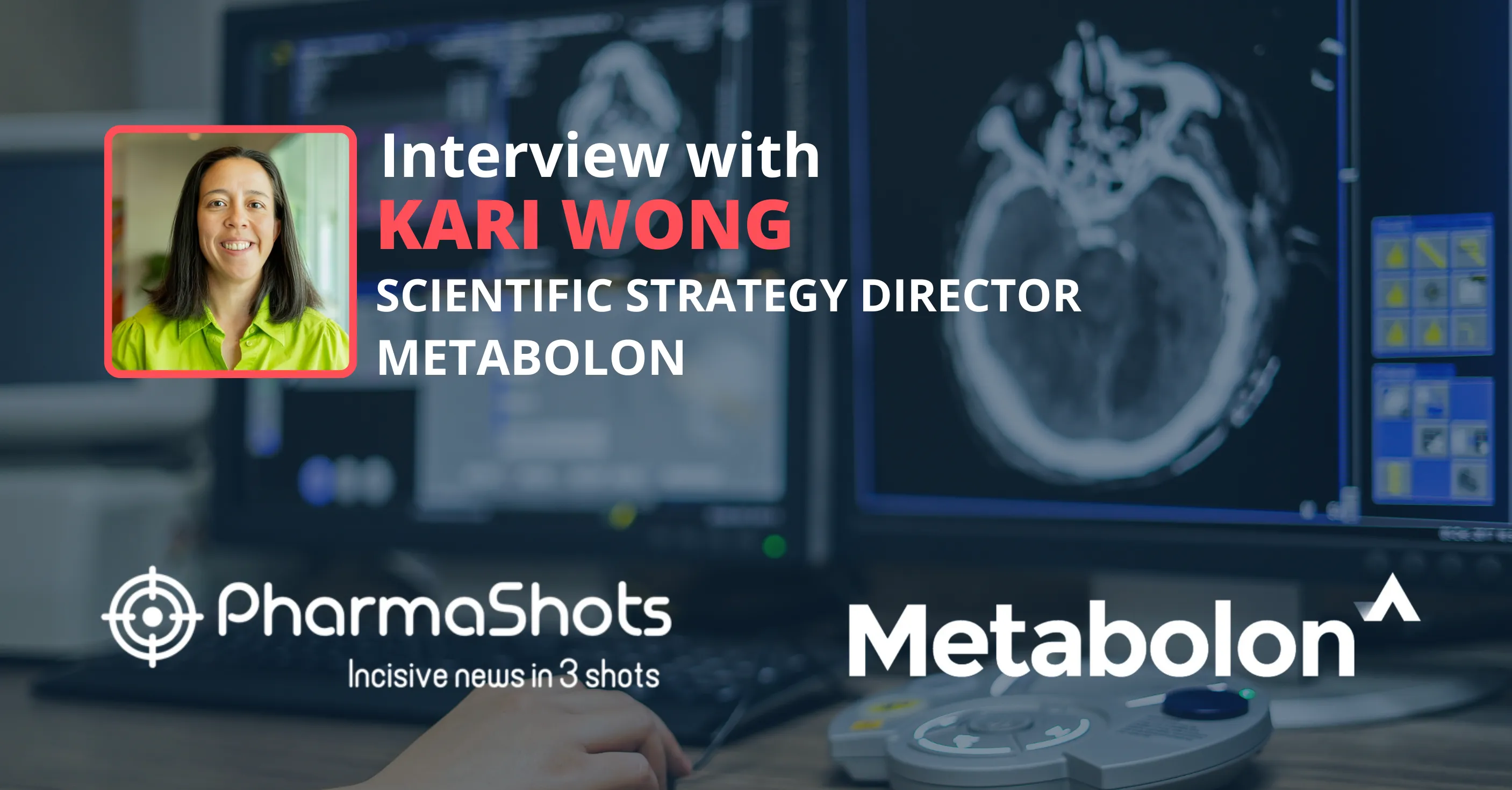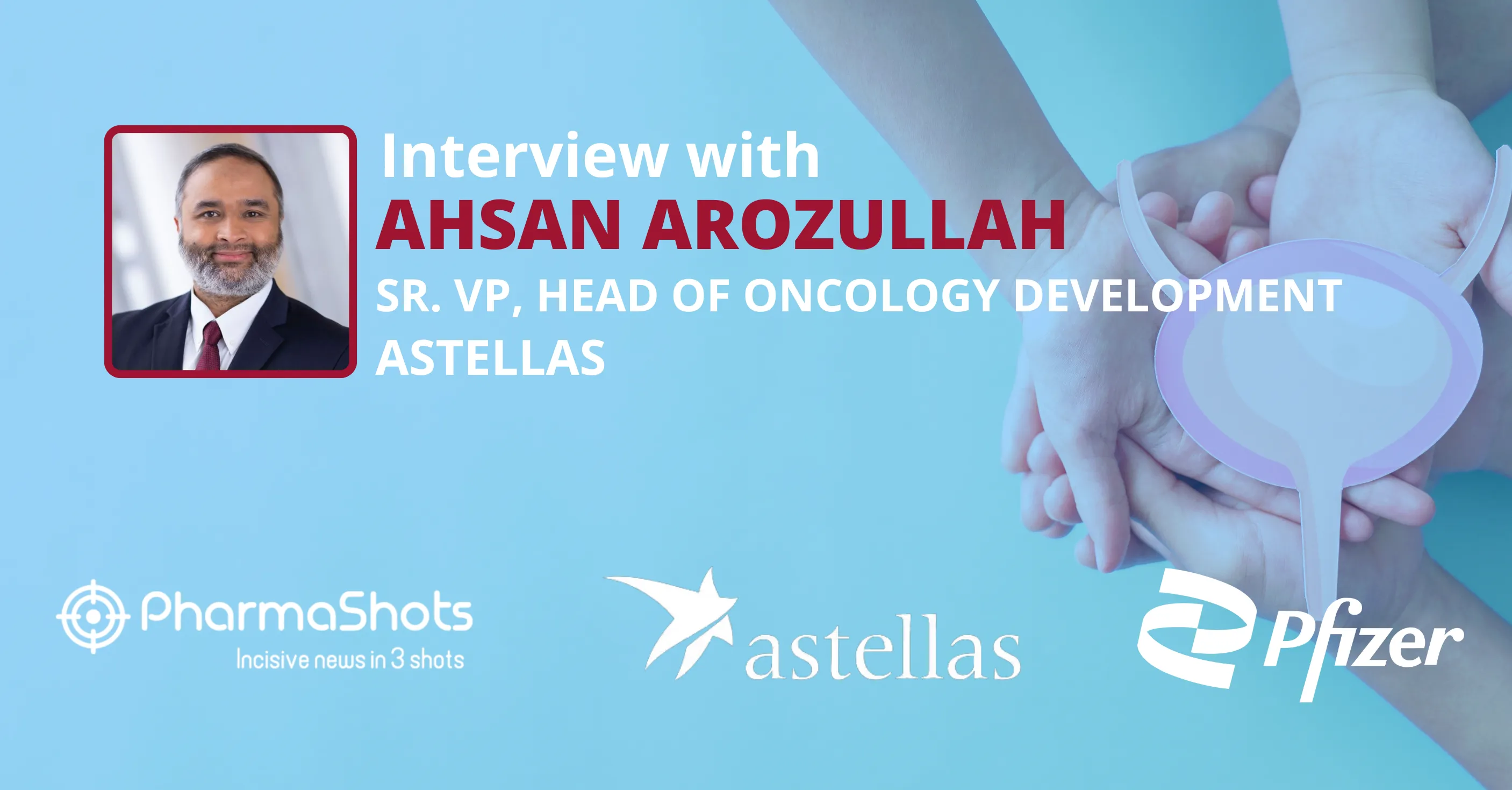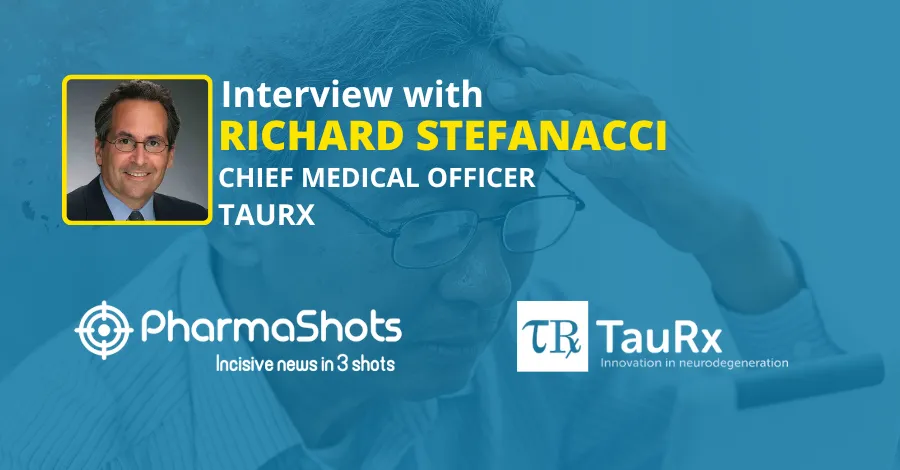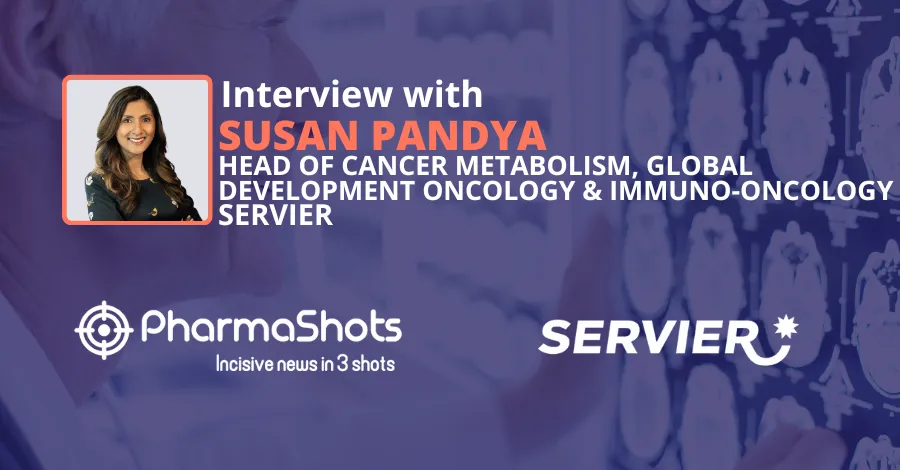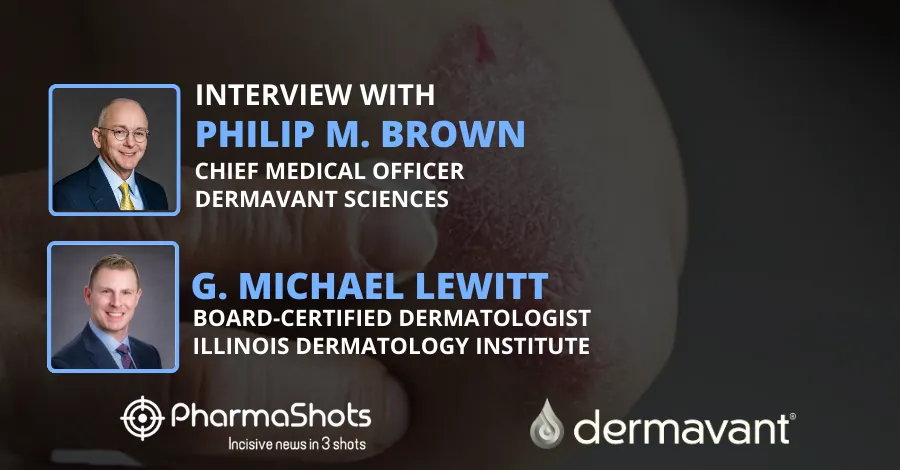
Monica Mann, VP, of Medical Affairs for Global MS and Pipeline at Biogen Shares Insights on New Data on MS Therapies and Digital Health Research
Shots:
- Monica spoke about the new data from its multiple sclerosis therapies portfolio presented at the 38th ECTRIMS meeting
- The highlights from the presentation were the safety and efficacy results of Vumerity, patient-reported outcomes from the treatment with Tysabri, and posters highlighting advances in digital health initiatives
- The interview shows how Biogen develops, and delivers worldwide innovative therapies for people living with serious neurological diseases
Smriti: To begin with tell us about your experience at the 38th Congress of the European Committee for Treatment and Research in Multiple Sclerosis (ECTRIMS).
Monica Mann: This year’s ECTRIMS meeting provided us with an opportunity to highlight Biogen’s commitment to pursuing research that has a meaningful impact on patients. New safety and efficacy data on our robust MS portfolio provides patients and healthcare professionals with further insight to help inform treatment decisions throughout the lifelong MS journey, from the earliest phase of the disease to important milestones such as pregnancy. In addition, our ongoing digital health research highlights progress in developing advanced measurement methods that aim to enhance drug development and personalized care for better patient outcomes.
Smriti: Give our readers a comparative view between matching analysis of VUMERITY (diroximel fumarate) to Ponvory (ponesimod) and Aubagio (teriflunomide) for the treatment of Multiple Sclerosis.
Monica Mann: There have been no randomized trials that have directly compared VUMERITY® (diroximel fumarate) with Ponvory (ponesimod) or Aubagio (teriflunomide).
A matching-adjusted indirect comparison was done between three treatments using data on VUMERITY from the EVOLVE-MS-1 clinical study and Ponvory and Aubagio from the OPTIMUM clinical study. Researchers evaluated annualized relapse rate (ARR), 12-week confirmed disability progression (CDP), 24-week CDP, absence of gadolinium-enhancing (Gd+) T1 lesions and absence of new/enlarging T2 lesions.
After weighting for cross-trial differences, VUMERITY was associated with a higher proportion of patients free of Gd+ T1 lesions and new/enlarging T2 lesions at the end of follow-up compared to Ponvory, with similar efficacy for ARR and 12- and 24-week CDP. VUMERITY was associated with greater efficacy than Aubagio for all clinical and radiological outcome measures except for 24-week CDP, in which there was similar efficacy.
Smriti: Shed some light on the details (MOA, ROA, formulation, etc.) of TECFIDERA (dimethyl fumarate).
Monica Mann: TECFIDERA® (dimethyl fumarate) was initially approved in the US in 2013 for the treatment of relapsing forms of multiple sclerosis (MS), to include clinically isolated syndrome, relapsing-remitting disease, and active secondary progressive disease, in adults. It has been shown to reduce the rate of MS relapses, slow the progression of disability and impact the number of MS brain lesions, while demonstrating a well-characterized safety profile. The starting dose for TECFIDERA is 120 mg twice a day orally. After seven days, the dose should be increased to the maintenance dose of 240 mg twice a day orally.
Smriti: How has the TECFIDERA presentation at ECTRIMS contributed towards highlighting Biogen’s robust MS portfolio to patients and healthcare professionals?
Monica Mann: Assessment of TECFIDERA® in Radiologically Isolated Syndrome (ARISE) is the first randomized clinical trial demonstrating the benefit of disease modifying therapy in people with radiologically isolated syndrome (RIS) – the earliest detectable pre-clinical phase of MS.
The multi-center study found treatment with TECFIDERA resulted in over 80% risk reduction relative to placebo in the prevention of a first clinical event related to CNS demyelination.
Data from the ARISE study have now been published in the Annals of Neurology.
Smriti: Highlight the patient-reported outcomes and StratifyJCV assay analysis for TYSABRI (natalizumab).
Monica Mann: The results of a survey analysis of 52 TYSABRI® and 92 Ocrevus patients found more patients treated with TYSABRI versus Ocrevus reported improvements in disease activity (84.6% vs 59.8%), emotional symptoms (73.1% vs 35.9%), physical symptoms (69.2% vs 43.5%), cognitive symptoms (61.5% vs 32.6%) and social roles/activities (71.2% vs 35.9%). In addition, more patients treated with TYSABRI reported their DMT met or exceeded treatment expectations in comparison to those treated with Ocrevus (96.2% vs 72.8%).
Biogen developed and validated StratifyJCV™, the proprietary antibody assay to detect the presence of anti-JCV antibodies in serum and quantify antibody index values, which is related to progressive multifocal leukoencephalopathy (PML) risk in patients treated with TYSABRI. Data from nearly 850,000 StratifyJCV tests show that HCPs are using the test to appropriately identify and monitor patient management for TYSABRI.
Note there are no known publications from randomized clinical trials evaluating the safety and efficacy of ocrelizumab compared to natalizumab.
Smriti: Elaborate on the results of the impact of PLEGRIDY and AVONEX on pregnancy, breastfeeding, and child development.
Monica Mann: Two studies show that interferon exposure during pregnancy with PLEGRIDY® (peginterferon beta-1a) or AVONEX® (interferon beta-1a) does not adversely affect child development.
- Data from the PRIMA post-authorization safety study was consistent with results from previous studies showing that exposure to PLEGRIDY or AVONEX during pregnancy or lactation did not negatively impact child development or intrauterine growth.
- A preliminary analysis of the German Multiple Sclerosis and Pregnancy Registry assessed child development in infants born to mothers with AVONEX or PLEGRIDY exposure during pregnancy, and results showed that treatment did not negatively impact children’s development.
Smriti: Are there any other product(s) in your pipeline providing promising results in neuroscience or other indication(s)?
Monica Mann: We currently have three assets in our clinical development pipeline as well as additional assets in the pre-clinical space. In addition, Biogen currently has approximately 20 active and ongoing MS clinical trials, for both investigational and existing therapies. While we focus on advancing current assets in our pipeline, we aspire to pioneer disruptive therapies for MS prevention and cure through exploration in emerging science including novel treatment approaches such as vaccine cell-based therapies. For more information, view our current pipeline.
In addition, through our Biogen Digital Health unit, ongoing research initiatives and collaborations with our research partners are focused on developing and validating new technologies and tools to improve the way HCPs predict and monitor the course of MS, both in and out of the clinic.
Smriti: Is Biogen planning to present clinical data related to other indications at any upcoming event?
Monica Mann: We do not have details to share at this time; however, we are always focused on pursuing research that has a meaningful impact on patients and advancing individualized disease management.
Source: Canva
About the Author:

Monica Mann is the Vice President of Medical Affairs for Global MS and Pipeline at Biogen. Monica brings 21-plus years of experience in immunology, neurodegenerative, neuropsychiatry, and genetic diseases, including small molecules, biologics, and gene therapy. Monica holds a Ph.D. from the Medical College of Wisconsin in CNS inflammation, B cell biology, neuroimmunology, and an M.S. in molecular biology from Marquette University
Related Post: PharmShots Interview: In Conversation with Biogen’s Vice President, Monica Mann, Where she Shares Insights on The Publication of Data from the NOVA Study to Treat Multiple Sclerosis
Tags

Senior Editor at PharmaShots. She is curious and very passionate about recent updates and developments in the life sciences industry. She covers Biopharma, MedTech, and Digital health segments along with different reports at PharmaShots.



